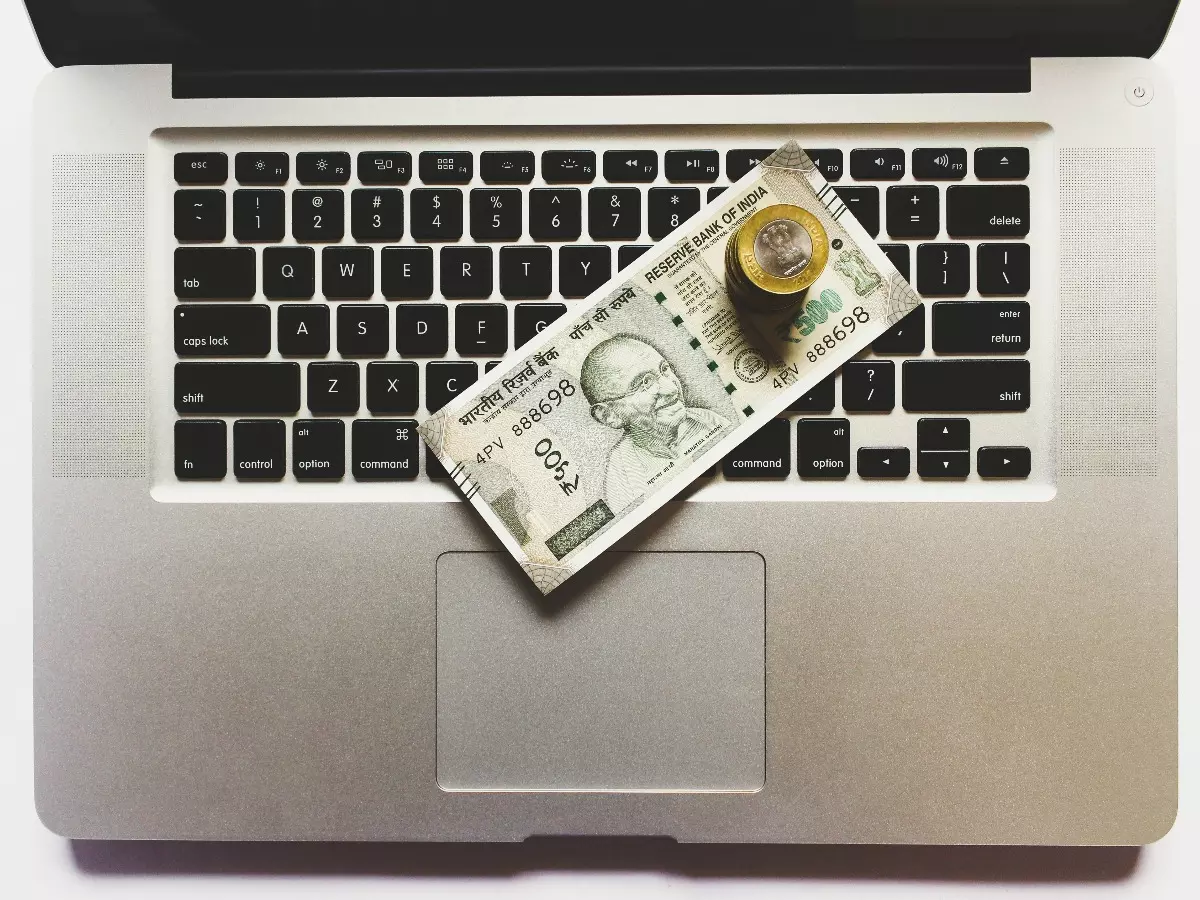Explained: What Is Twin Deficit? How Is It Affecting The Indian Economy?
With global geopolitical crisis and weakened Indian currency, twin deficit is expected to affect the national economy adversely. In its latest ¡®Monthly Economic Review¡¯, the Ministry of Finance has reported that ¡°The World is looking at a distinct possibility of widespread stagflation. India, however, is at low risk of stagflation, owing to its prudent stabilization policies,¡± pointing towards a stable economic condition of India. However, the re...Read More

With global geopolitical crisis and weakened Indian currency, twin deficit is expected to affect the national economy adversely.
In its latest ¡®Monthly Economic Review¡¯, the Ministry of Finance has reported that ¡°The World is looking at a distinct possibility of widespread stagflation. India, however, is at low risk of stagflation, owing to its prudent stabilization policies,¡± pointing towards a stable economic condition of India. However, the review points towards a ¡®twin deficit¡¯ problem i.e., an increased fiscal and current account deficit.
 Reuters/Representational Image
Reuters/Representational Image
With the Russian invasion of Ukraine hampering the global supply chain leading to trade disruptions, export bans and surge in commodity prices, seems to have adverse effects on the overall economic growth- with crude oil prices mounting over $100 per barrel, inflation rates beyond states capacity and a recession picking up around the world. The two deficits seem to pose a problem for India at such a juncture.
What is twin deficit?
The twin deficit is a combination of fiscal and current account deficit. Where, the Fiscal deficit refers to a condition where a governments¡¯ expenditure exceeds the revenue it is getting. Such gaps between the expenditure and revenue are compensated by the market through loans, etc.
 Unsplash/Representational Image
Unsplash/Representational Image
The current account deficit is a condition where the current account balance of a payments of a country is not equivalent. Current account includes all financial transactions between resident and non-resident entities. Current account deficit depicts that the money going out of a country for the imports, investments, and services is greater than money coming into the country through the exports, investments and services provided by us. It is measured in million USD as a percentage of GDP.
What is causing the twin deficit?
According to the Union Budget the fiscal and Current Account Deficit for Financial Year 2022-23 was at 6.4 and 1.2 per cent of the GDP respectively.
 Reuters/Representational Image
Reuters/Representational Image
The Finance Ministry¡¯s Monthly Economic Review notes that the excise duties on petrol and diesel have been decreased twice between November¡¯21 and May¡¯22, which is a major contributor of the Central and states revenues, a reduction in excise duties thus adversely affects the revenues. The increased fertilizer and food subsidies provided by the government has posed an addition Rs. 39 Lakh crore expenditure, widening the fiscal deficit gap.
The increased crude oil prices along with edible oil and other commodities leads to costlier imports in dollar bills. This in turn increases the current account deficit and weakens the value of the rupee further aggravating external imbalances.
How shall the twin deficit affect the Indian Economy?
 Reuters/Representational Image
Reuters/Representational Image
Higher fiscal deficit leads to curtail in the resources available for investment and stresses the repo rates. Increase in interest rates affect private investment and expenditure of the country, thus less internal sales as well which will hamper the economy. An increased current account deficit leads to the weakening of rupee currency which further affects the import bill. A costly import shall then lead to higher payments in dollars and decrease in reserves.
What steps can be taken to tackle the twin deficit?
The government needs to cut the revenue expenditure in order to mitigate the high fiscal deficit, as capital expenditure should not be cut during the growth period. Further, the Monthly Economic Review has also suggested that ¡°rationalizing non-capex expenditure is critical not only for the protection of growth supportive capex but for avoiding fiscal slippages too.¡±
The government must formulate revised strategies to boost exports ease down the export procedures and release their tax dues in time to lower the import bill to control the current account deficit.
